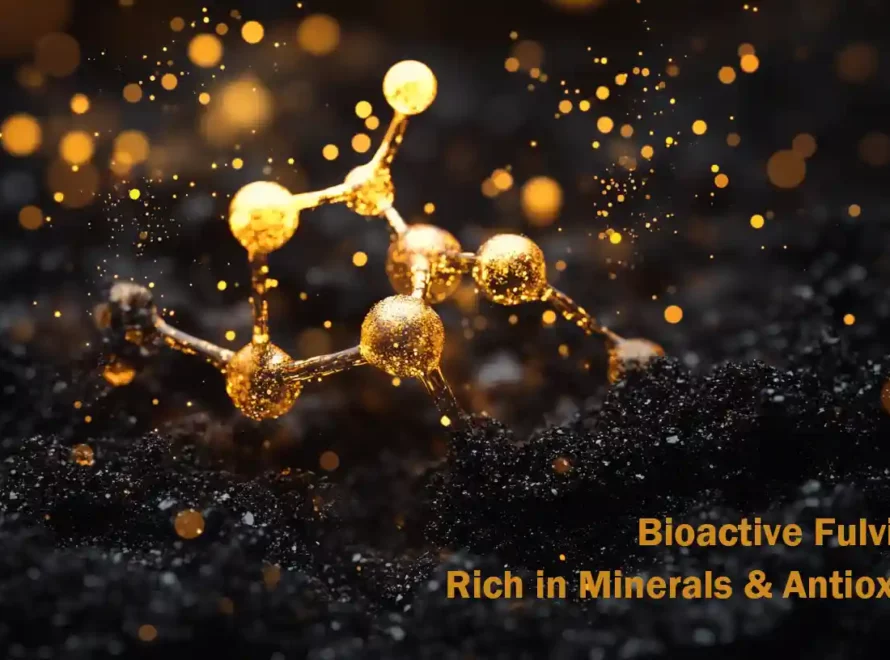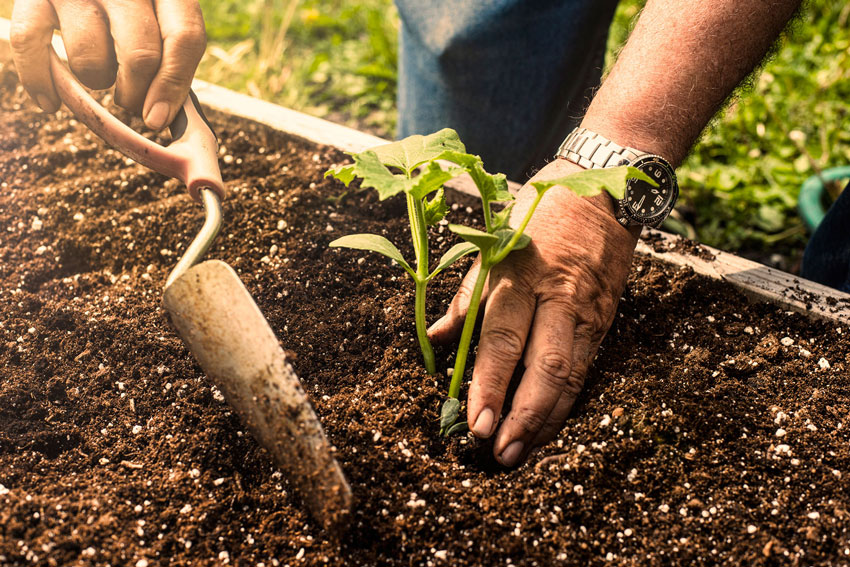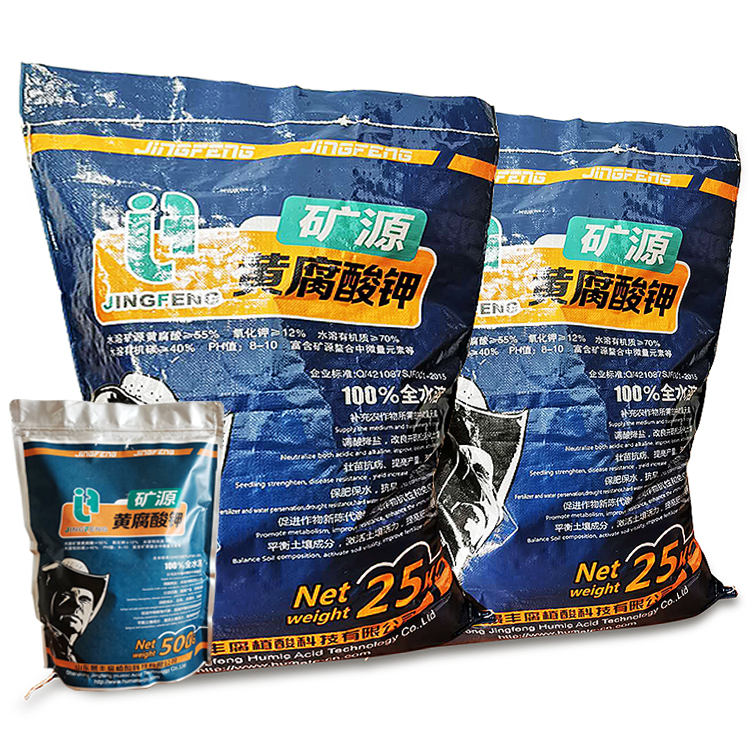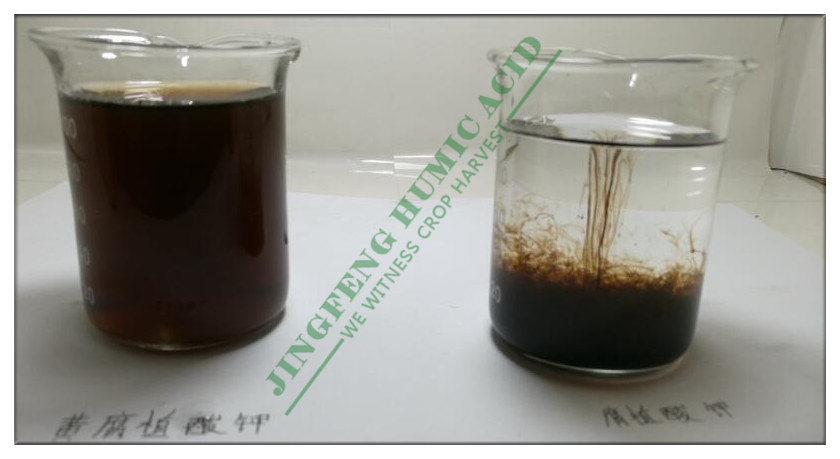The potassium humate benefits many parts of plants. Soaking seeds with potassium humate solution can accelerate seed germination. Dipping root can promote root development. So as to increase yield. It has been found that spraying potassium humate solution on plant leaves can resist drought, resist lodging, increase grain weight, promote fruit setting rate of cotton and so on.
The dosage is small. The cost is low. Easy to be applied. Therefor it is popular with farmers. It was  found that potassium humate spraying on the leaf surface could resist drought. After spraying potassium humate, the respiratory pores on the leaf surface were obviously reduced or even closed. So as to reduce the transpiration of water and maintain the water content in the body.
found that potassium humate spraying on the leaf surface could resist drought. After spraying potassium humate, the respiratory pores on the leaf surface were obviously reduced or even closed. So as to reduce the transpiration of water and maintain the water content in the body.
As a result, potassium humate (especially fulvic acid) has become the main product with drought resistance and water saving (the reduction of water transpiration after spraying can reduce the amount of irrigation).
Spraying potassium humate on the fruit tree, also has the effects to prevent and control the diseases and insect pests. Increase the fruit setting rate and increase the sugar content of the fruit. As a biostimulant, potassium humate is a very important topic in plant physiology.
Potassium humate benefits is mainly manifested in:
①Promote the respiration of plants
Potassium humate enters plants and is initially a supplementary source of polyphenols as respiratory agents. The quinyl group contained in potassium humate is the activating agent of oxygen. Which makes the respiration of plants exuberant. Promotes the division of plant cells. Accelerates the differentiation of plant growth points and promotes the development of plant roots.
②Promote the activation of enzymes
Potassium humate plays a particularly important role in enzyme activity and metabolism. The results showed that potassium humate had a great effect on the activities of aldolase and converzyme. it could accelerate the synthesis of aldolase, accelerate the accumulation of soluble carbon and water compounds in plants. Increase osmotic pressure and enhance the drought resistance.
③Promote the reproduction and activity of microorganisms
A small amount of soluble humate not only stimulates crops. But also stimulates microorganisms. It can make fungi, bacteria and nitrogen-fixing bacteria have a lot of activity ability.
④Promote the absorption of nutrients by plants
Potassium humate and its derivatives can improve the permeability of plant cell membrane and protoplast. Thus promoting the faster entry of nutrients into plants and absorbing more and faster.







